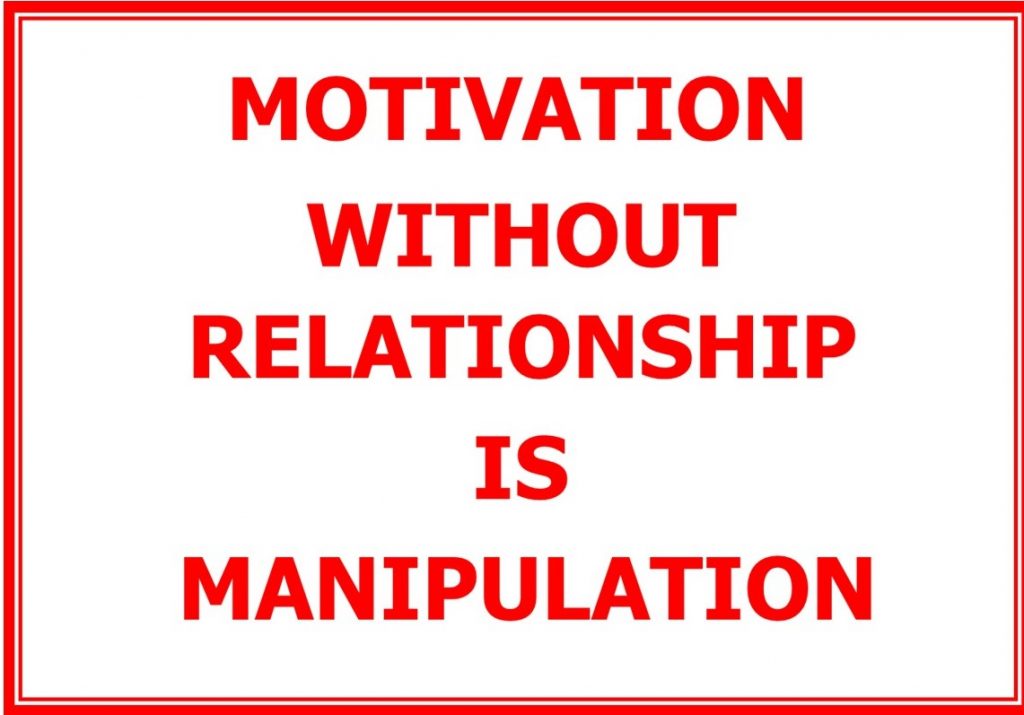It is said that we live in the age of communication. Social media makes it possible for individuals to say what is on their minds, often whether what they say is true or not. Websites are often called blogs. In an article explaining the difference between a blog and a website, Olivia wrote:[i]
|
Blog vs Website The main difference between a Blog and a Website is that blog is created for websites and website is the place where blogs are posted. Blog is an online journal for public consumption. |
Some follow blogs uncritically and read only those bloggers with whom they agree. Others take the view that one never knows whether the blogger is telling the truth. For this reason, they do not believe or read anything published on the internet.
The attempt to persuade by half-truth and falsehood and the lack of thoughtful interaction has created a vacuum in social interaction. Given these two extremes, how can there be genuine communication in the so-called communication age? Can the internet be used for genuine thoughtful communication?
Solomon is often quoted: “the writing of many books is endless, and excessive devotion to books is wearying to the body.”[ii]
Usually, this statement is used to suggest that writing and reading are a foolish waste of time. However, the ability to read and write is the hallmark of an advanced society. Individuals can reason and express themselves more deeply.
In Greek and Roman society, the forum was the place where thoughts were expressed, opinions were formed, and the public at large was persuaded this way or that. A cursory overview of the demise of the Roman republic at the time of Cicero and Cato shows that a major cause of its destruction was the breakdown of the forum as a place to communicate ideas and persuade for the good of the republic. Instead, it became a place for deception and manipulation. Public discourse became coarse and even violent.
The original meaning of the term, politics, from the Greek, politika, meant the affairs of cities. It came to mean: the activities associated with the governance of a country or other area, especially the debate or conflict among individuals or parties having or hoping to achieve power.[iii]
Whether reading a book or an article published on the internet, one needs to consider the source and purpose of what is being communicated. This has always been true. The purpose of education is more than just informing. It is first and foremost to develop the ability to reason and communicate. Entire societies have been destroyed when communication became tools to deceive and manipulate.
The context of the quote from Solomon given above is:
"Vanity of vanities," says the Preacher, "all is vanity!" In addition to being a wise man, the Preacher also taught the people knowledge; and he pondered, searched out and arranged many proverbs. The Preacher sought to find delightful words and to write words of truth correctly. The words of wise men are like goads, and masters of these collections are like well-driven nails; they are given by one Shepherd.[iv]
One who follows the articles I write and publish on this website might notice that I am careful what I say and how I say it. Words matter. My goal is not to convince others to think the way I think or believe what I believe but to think with me and share with me their own thoughts. Because blogs tend to become tools for controversy instead of insightful communication. What others think or say is limited. You will notice that I do add pages referring to what others are saying and rely on extensive references to indicate when I am quoting someone else. The invitation is on every page to reflect back to me your thoughts. Not everyone feels free to allow their thoughts to be published. Making this an open forum would curtail rather than encourage open dialogue, especially in this current cancel culture.
I have titled this article Motivation vs Manipulation. The theme is motivation without relationship is manipulation. With any attempt to move someone to act in one way or another, whether in business, in sales, or in public discourse, a good communicator should be willing to first invest in building a relationship with the person or persons who are the object of the communication.
In the first part of my book, Can We Talk: About Matters of this Life,[v] I define three types of relationships, relationships of circumstance, relationships of purpose, and relationships of fulfillment. All three have one thing in common, personal responsibility.
In relationships of circumstance, it may be that we merely pass someone on the street. Even though the encounter may be brief, both parties still have responsibilities regarding their behavior in that relationship. Society cannot exist without this.
In the second, relationships of purpose, along with the responsibilities in relationships of circumstance, both parties have a responsibility to act and speak with integrity and to fulfill their obligations to achieve the stated purpose.
Few relationships reach the level of genuine fulfillment as I define it in that chapter. To do so requires time and energy and a value placed upon that relationship that excludes any ulterior motives to hide, deceive, or overpower the other person. While fulfillment does not require total agreement, it does require a mutual appreciation for the thoughts and opinions of the other person.
Any attempt to motivate others without first considering them as someone of value and having the willingness to appreciate who they are without attempting to change them into who we want them to be is mere manipulation.
My ministry through the years has been to the smaller churches throughout the western part of the United States. I have also had the privilege of teaching on the college level and presenting seminars to small and large groups. My desire has always been to teach and, most importantly, to encourage. I never viewed myself as a “motivational” speaker. What I offered was given without charge. I was supported by voluntary gifts. For this reason, I had to provide for the financial needs of my family through secular employment. Even then, I always gave 100% regardless of the pay and sought to serve by building relationships of respect and appreciation.
In every situation, my focus was on what I could do for the other person. I was not there to promote myself or climb the ladder of success. Success to me is encouraging and promoting the other person and accomplishing our mutual goals.
On one occasion, I was a temporary employee working for a large company. I was there to meet the needs of employees occupying three separate buildings. I cleaned, made minor repairs, and generally assisted in maintaining a healthy working environment. My boss was the manager of the entire physical aspect of the business.
One day she was having a bad day. I could tell that those above her were putting pressure on her. She came down to the utility room that served as my office and began scolding me. I stopped her in the middle of what was becoming a near tirade and said, “I am here to make you look good. What can I do to help?” She stopped and began to cry and apologized. From then on, we had a wonderful and effective working relationship.
I have used this same approach on many occasions. In this way, I first am expressing my appreciation for the other person and demonstrating that I have their interest in mind as well as my own. Relationship requires this. Genuine effective motivation requires this. Any attempt to motivate without this is merely manipulation.

The above diagram is reprinted from my basic seminars on conflict management, Resolving Conflicts Biblically Seminary #4: The Mind of Christ: the key to unity.
___________________________________
[i] Difference Between Blog and Website
[ii] Eccl 12:12.
[iv] Eccl 12:8-11.
[v] My Book - Can We Talk: About Matters of This Life - Dr. Jerry Back (drjerryback.com)




